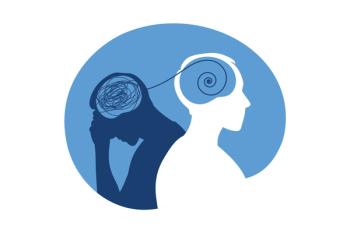
Maintenance Approaches in Bipolar 1 Disorder
Andrew Cutler, MD, reviews the different types of medications for the management of bipolar I disorder.
Episodes in this series

Vladimir Maletic, MD, MS: That is all excellent advice and insight. You’ve mentioned treatment of mania and any number of choices of antipsychotic agents starting with first-generation chlorpromazine all the way to second-generation agents. You’ve been kind to list approved treatments for bipolar depression and you pointed out that it’s important to keep in mind that not only do we have evidence of efficacy but also safety, but how about maintenance? You mentioned lamotrigine and lithium, what are some of the other medications that you would consider in maintenance of bipolar disorder?
Andrew Cutler, MD: If we think about the traditional mood stabilizers, divalproex and carbamazepine are not actually FDA-approved for maintenance. I was an investigator years ago on a divalproex maintenance trial that failed, and there were methodologic reasons. They included people who were very stable, who didn’t have many mood episodes, and so what are the odds they’re going to have a mood episode? There wasn’t a lot of mood episodes to count here. I try to start with FDA approved. I like lithium and lamotrigine for maintenance. A few years ago, the APA [American Psychiatric Association] treatment guidelines for bipolar disorder said that antipsychotics should only be used acutely and should not be used for maintenance; now, that has changed. The thinking has absolutely changed, and we have several that are FDA approved for maintenance treatment of bipolar disorder. Often, I find if a medicine works acutely for a patient, it usually continues to work if they continue to take it. I’m more likely to stay with the medicine that help them in the acute phase, and then I might add to it. Most of our patients are on more than 1 medication, and bipolar disorders are difficult to treat with just 1 medication. The FDA requires monotherapy trials, so many of our medications are only approved as monotherapy. We have several approved as combination with either lithium or divalproex for mania, and we have 2 now that are FDA approved for bipolar depression in combination with either lithium or divalproex. Those are some of my thoughts. The other thing about maintenance is sometimes we must treat certain associated symptoms or breakthrough symptoms. Often you might be dealing with insomnia or anxiety or, as we talked about, some of the aspects of ADHD, and sometimes we are adding other medications to assist with that.
Transcript edited for clarity
Newsletter
Receive trusted psychiatric news, expert analysis, and clinical insights — subscribe today to support your practice and your patients.








